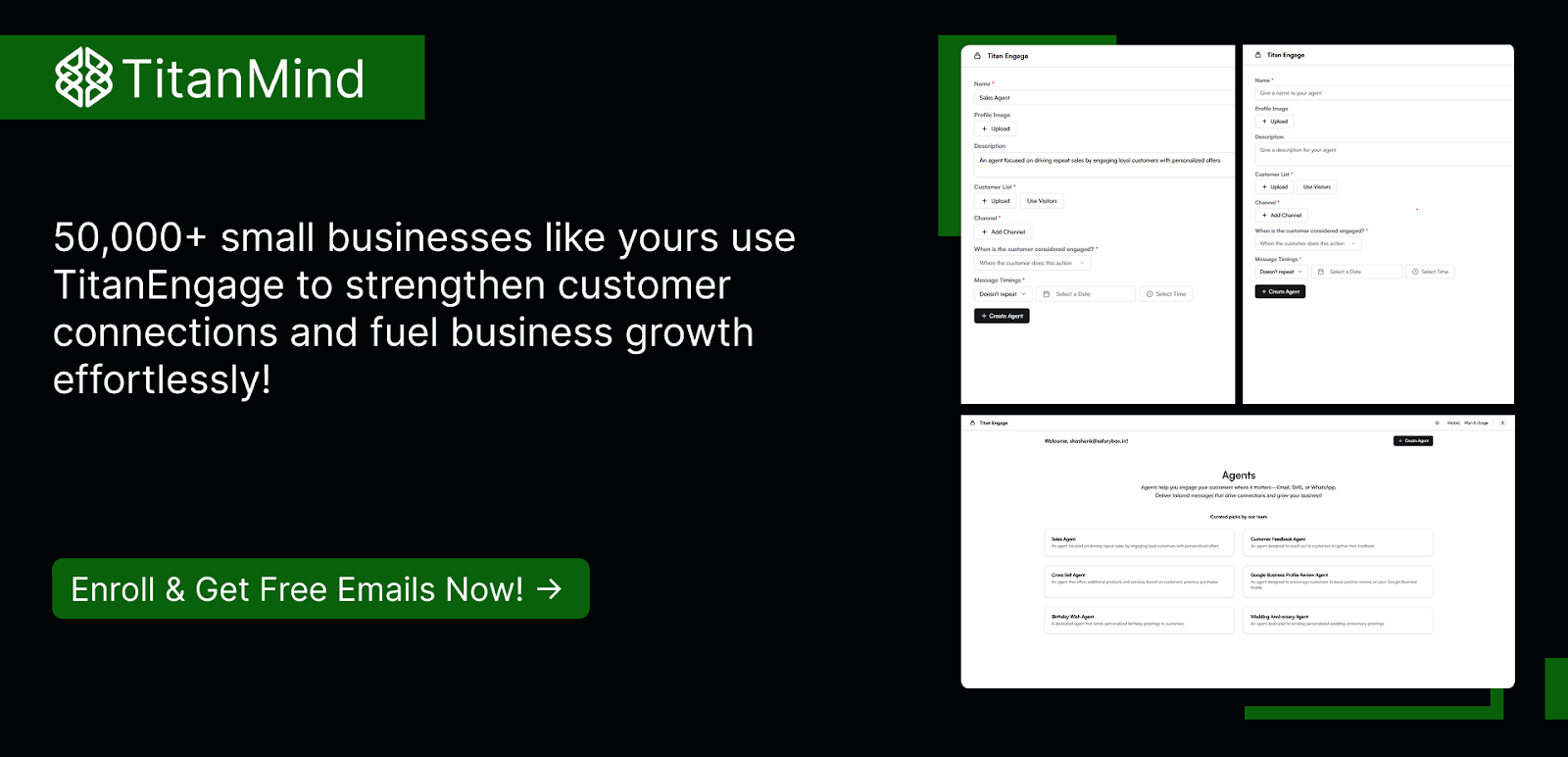Maintaining production, raising customer satisfaction, and optimizing income in the stressful corporate climate of today depend on effective appointment scheduling. Still, conventional approaches of scheduling often result in administrative difficulties, missed appointments, and inefficiencies. Luckily, artificial intelligence and automation are transforming how companies manage appointment scheduling and offering flawless, quick answers free of mistakes.
The Challenges of Traditional Appointment Scheduling
Businesses have long suffered from manual appointment scheduling. Typical difficulties include the following:
- Human errors: Missed appointments, scheduling difficulties, and double bookings.
- Time-consuming procedures: Employees wasting too much time on emails and phone calls.
- High no-show rates: Appointments missed because reminders were not sent.
- Limited flexibility: It's challenging to make dynamic timetable adjustments.
In addition to costing money, these inefficiencies irritate consumers and staff members. Companies depending on manual scheduling can find it difficult to maximize their operations, which results in lower customer satisfaction levels and decreased production. Managing a lot of appointments without automated technologies might also cause operational bottlenecks, which would stress staff members more and lower general efficiency.
The Rise of AI and Automation in Appointment Scheduling
Artificial intelligence-powered scheduling systems and automation tools are revolutionizing companies' appointment handling. These technologies reduce human involvement by streamlining scheduling using machine learning (ML), natural language processing (NLP), and real-time data analytics. Apart from increasing productivity, automated appointment scheduling systems give consumers and clients a more individualized experience.
How AI is Enhancing Appointment Scheduling

- Smart Scheduling Assistants AI-driven scheduling tools like Calendly, Booksy, and Acuity Scheduling analyze availability and preferences to suggest the best appointment slots, reducing back-and-forth communication. These tools consider various factors, such as working hours, time zone differences, and user preferences, to propose optimal scheduling options for all parties involved.
- Automated Reminders and Notifications AI-powered solutions decrease last-minute cancellations and no-shows by sending automatic reminders through chatbots, SMS, or email. Businesses can lower the likelihood of missed appointments by integrating with messaging services to make sure that clients receive timely reminders.
- 24/7 Self-Booking Systems AI chatbots and virtual assistants allow customers to book, reschedule, or cancel appointments anytime without human intervention, improving convenience and accessibility. Customers appreciate the ability to manage their appointments without the need to call or email a business during office hours, making the process seamless and user-friendly.
- Predictive Analytics AI analyzes historical appointment data to predict peak hours, optimize staffing, and offer dynamic scheduling recommendations. By identifying trends in customer behavior, AI can help businesses prepare for high-demand periods, ensuring that resources are allocated efficiently.
- Integration with Business Tools AI scheduling solutions seamlessly integrate with CRM systems, payment gateways, and calendar apps, ensuring smooth workflow management. By tracking customer contacts, processing payments, and automating follow-ups, these connections help companies to improve operational efficiency by lowering hand-off administrative effort.
Benefits of AI and Automated Scheduling for Businesses
- Increased Efficiency: Automated scheduling allows staff members to focus on critical business duties. When employees can better manage their time, they are more productive.
- Improved Customer Experience: Customers like the ease of making reservations quickly and easily and receiving customized reminders. A more efficient booking procedure increases client loyalty and pleasure.
- Lower No-Show Rates: Scheduling options and automated reminders greatly reduce the number of missed appointments. Companies can reduce revenue losses from no-shows and guarantee improved time management.
- Enhanced Revenue Generation: Better resource utilization, less downtime, and more earnings are all made possible by optimized scheduling. Businesses can find revenue opportunities and modify their price or service offers with the use of AI-driven insights.
- Data-Driven Decision Making: Artificial intelligence-powered analytics provide insight into booking patterns, assisting businesses in making judgments. Companies can use this data to identify trends, improve customer service, and implement effective marketing strategies.
Industries Benefiting from AI-Powered Scheduling

Appointment scheduling powered by AI is transforming a number of industries, including:
- Healthcare: Patient wait times are decreased and medical facility efficiency is increased with automated patient booking, appointment confirmations, and follow-up reminders.
- Salon & Spa: AI-driven slot optimization combined with self-service booking guarantees improved staff availability and customer appointment scheduling.
- Consulting & Coaching: Virtual assistants streamline international service offerings by scheduling client appointments across time zones.
- Retail and Service Sector: Chatbots driven by AI answer consumer questions and arrange product demonstrations, improving the client experience.
- Fitness & Wellness: To effectively handle class reservations, personal training sessions, and membership renewals, gyms and personal trainers employ AI-driven scheduling.
The Future of AI in Appointment Scheduling
Appointment scheduling will get ever more complex as artificial intelligence technology develops. For real-time availability tracking, expect developments like voice-activated scheduling assistants, deeper AI-driven personalizing, and more IoT device integration. AI-driven virtual assistants that can manage complicated scheduling demands, adjust to unanticipated changes, and provide intelligent recommendations based on consumer behavior and preferences may also find their way into the future.
Moreover, AI scheduling systems may become even more predictive by applying modern machine learning models to detect customer needs before they evolve. Companies will be able to show a more exciting and customer-centric approach of appointment scheduling by offering customized booking experiences depending on consumer preferences and past behavior.

Final Thoughts
Appointment scheduling is being transformed by artificial intelligence and automation, improving efficiency, customer friendliness, and data-driven accuracy. Companies who adopt AI-powered scheduling systems can greatly increase customer happiness, lower expenses, and raise output. Investing in these solutions is now a need rather than a luxury if one is to remain competitive in the digital era of today.
By means of minimum administrative strain, AI-driven appointment scheduling solutions assist businesses to lower administrative work, maximize client contacts, and offer perfect, hassle-free experiences. Not only a trend, but also a game-changer that will define company operations going ahead the shift toward automation and artificial intelligence in appointment scheduling.

